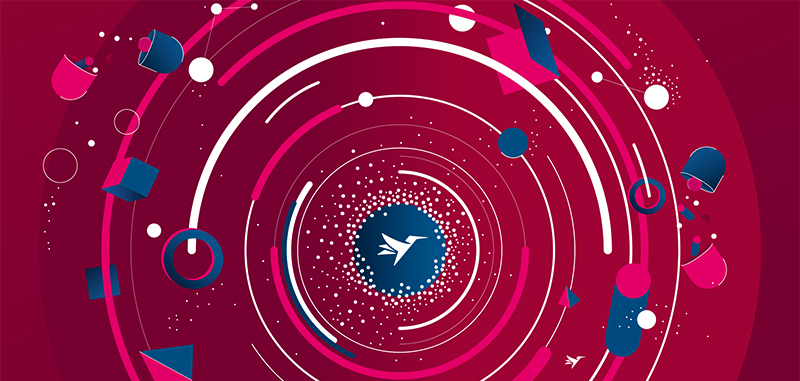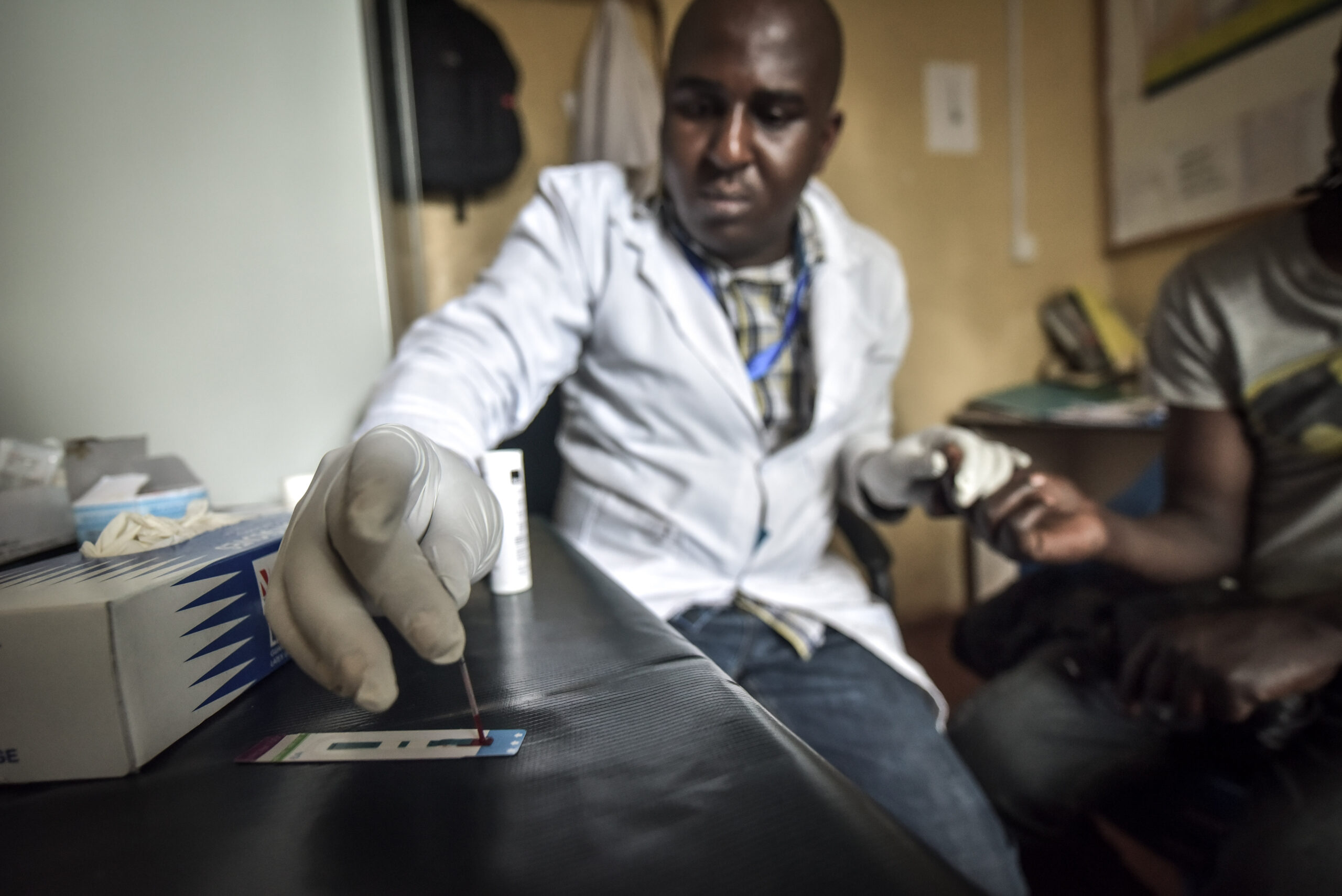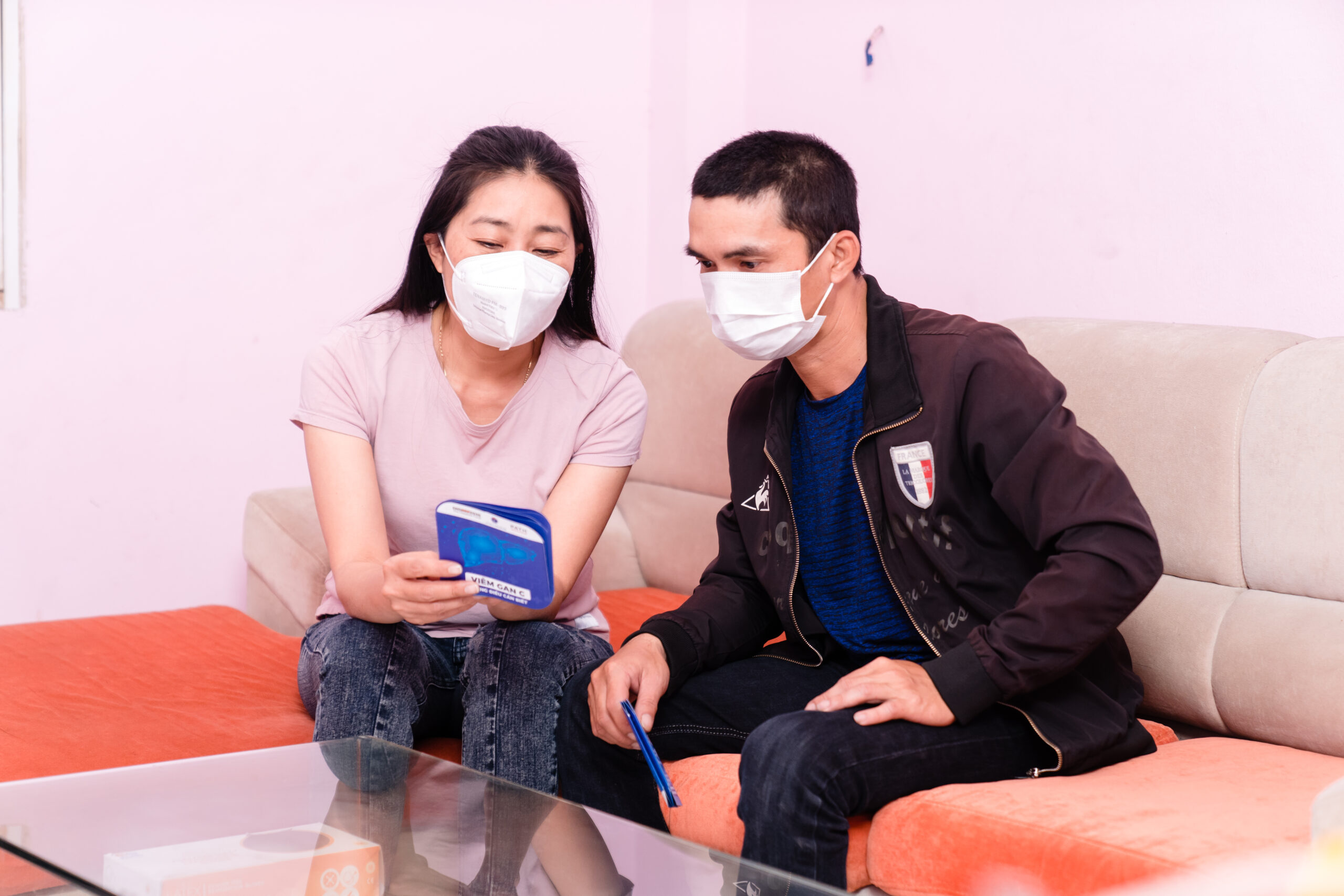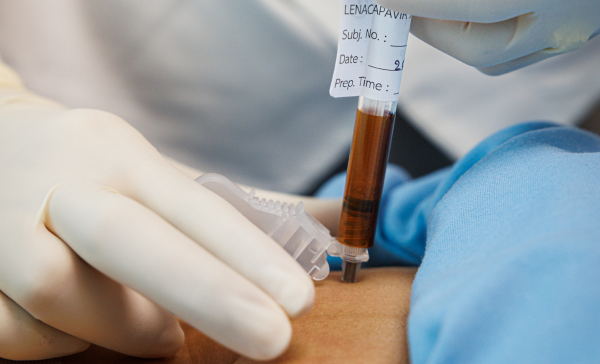The problem
As the HIV response progresses, the burden of disease is beginning to shift onto adolescent girls and young women, particularly in sub-Saharan Africa, where most new infections occur. In that region, the HIV prevalence among adolescent girls and young women (aged 15-24 years) in 2023 was more than three times higher than among their male counterparts, according to UNAIDS.
Pre-exposure prophylaxis (PrEP) is a preventive medication for individuals at high risk of HIV and, when taken consistently, is highly effective at preventing infection. Originally available only as a once-daily pill, PrEP options have since expanded to include long-acting injectables and a vaginal ring, which could help more people access a method that works for them.
However, high costs, limited availability, and a lack of awareness restrict access, while persistent gender inequalities, stigma, discrimination, and poverty can further compound the challenges women and girls face in accessing services.
Our response
Through Project PrEP, we are working to develop, implement and test strategies to reach adolescent girls and young women at high risk of HIV with a variety of PrEP options. Initially focused on once-daily oral PrEP, the project generated evidence for diversified channels and delivery models to serve priority populations. These efforts have produced operational evidence that is helping scale up oral PrEP in targeted countries and raise awareness and demand more broadly. Additionally, this work has supported the development of WHO policies, guidelines, and protocols.
When a long-acting injectable and a vaginal ring for PrEP were introduced, Unitaid expanded the project to raise awareness and demand and answer implementation questions regarding the integration of long-acting PrEP into service delivery, decentralized service delivery models, and integration of PrEP with comprehensive sexual and reproductive health services.
Additionally, this project was expanded to lead market-shaping efforts to address supply, cost, demand, and availability of long-acting PrEP products in partnership with the Clinton Health Access Initiative (CHAI). Through this component of the project, Project PrEP is accelerating the development, regulatory filing, commercialization, and cost-effective launch pricing for generic versions of long-acting PrEP.
This project is part of Unitaid’s broader investment to accelerate and expand access to PrEP options, with complementary efforts underway in Brazil. Furthermore, with support to the Unitaid-funded Medicines Patent Pool, other intellectual property grants, and generic manufacturers, we are working to ensure affordability and widespread availability of all PrEP choices. We are also engaging extensively with communities, countries, civil society, donors, global health agencies and industry partners to enhance and accelerate access to both originator products and quality-assured generics.






